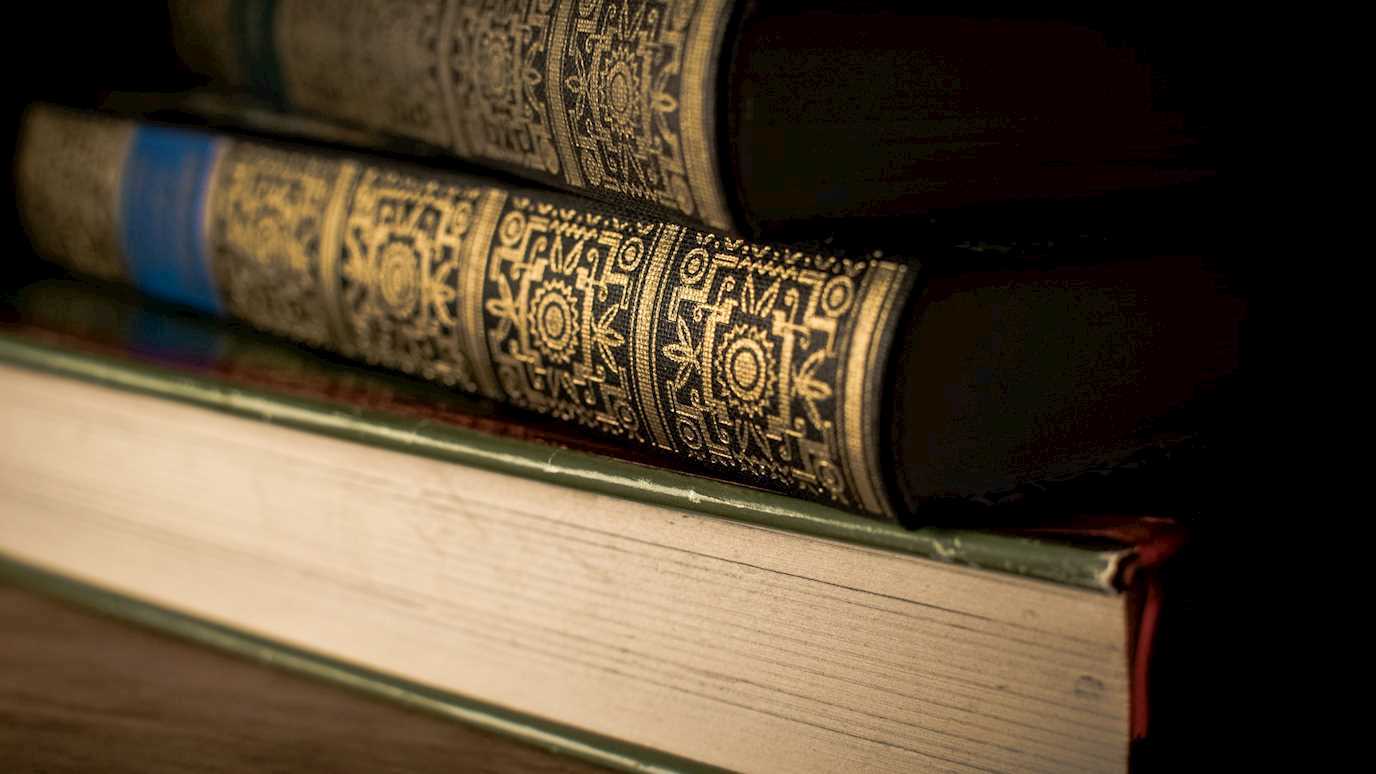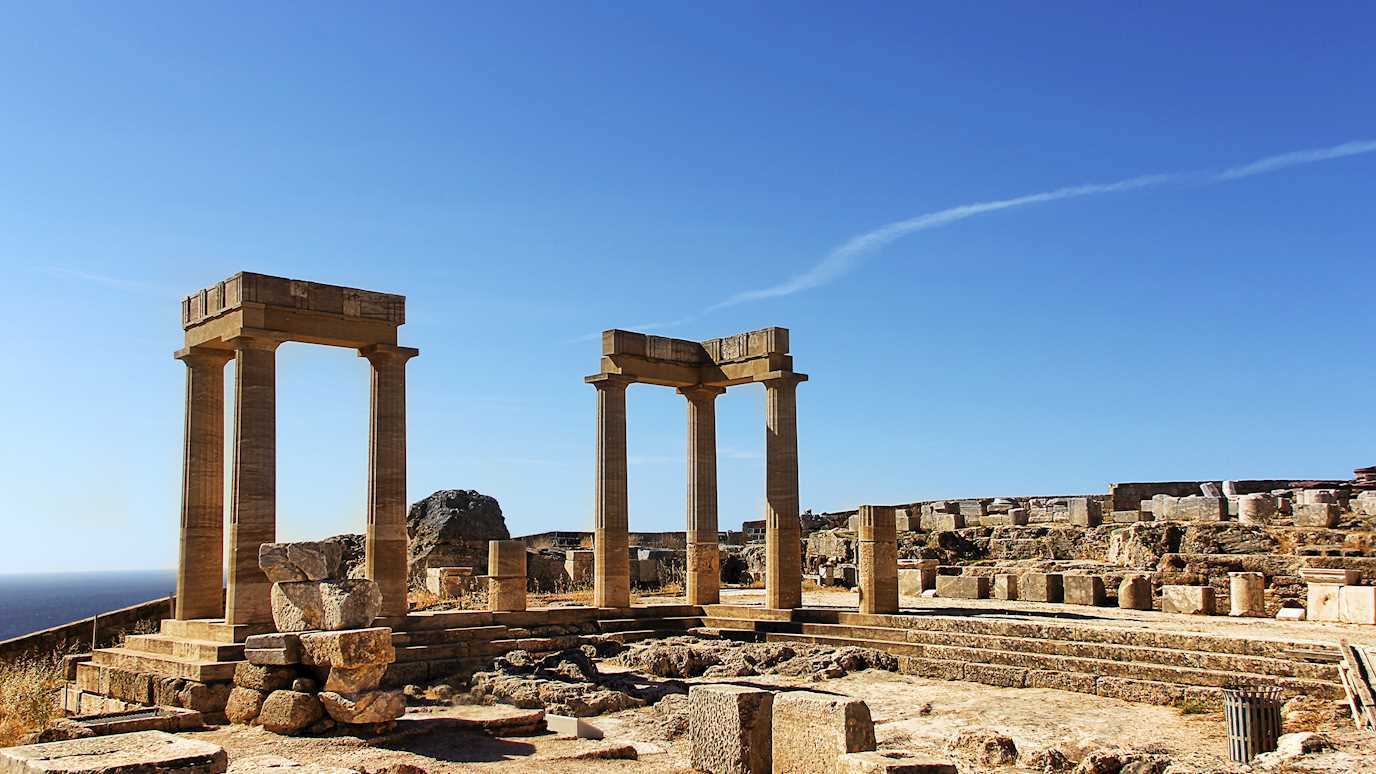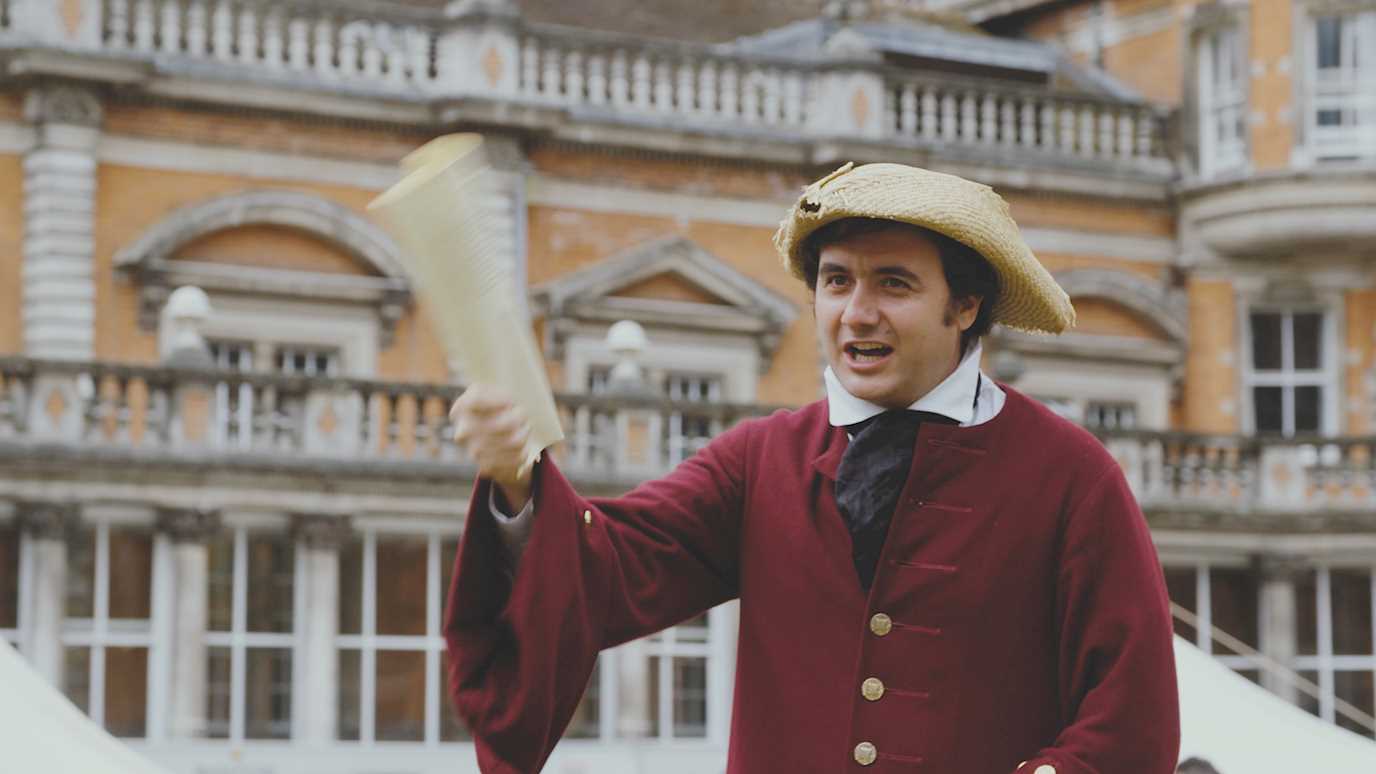We have more than 30 research active staff and over 100 PhD students, making us one of the strongest History departments in the UK for research. 85% of our overall research is judged as either ‘world-leading’ or ‘internationally excellent' (REF, 2021).
All human life is here. Innovative, ground-breaking but also accessible, our research spans thousands of years and covers most of the world. We are interested in multiple intersecting themes, from environment and gender to violence, ideas and beliefs.
Research Strategy
The Department of History is a large, vibrant and diverse body of historians whose collective and individual research represents the breadth and variety of the discipline.
Our research intersects across multiple themes, from environment, embodiment and gender to violence, ideas and beliefs. We are especially interested in understanding societies and cultures from new perspectives, and generating thoughtful enquiry about the functioning of human societies and cultures, in line with Royal Holloway’s commitment to social justice and a shared belief in research that benefits and changes society. We seek to create a balanced research ecology that values scholarship, diversity of methodology, approach, historical period and subject area.
We aim to foster world-leading research that innovates and shapes the discipline, by cultivating new areas of research growth alongside our established practices; by collaborating with other universities, heritage, media, policy makers and creative industries to maximise the public benefits of our research; and by promoting an inclusive and vibrant research community that provides support for staff and students at all stages of their career, including PhD students and early career researchers, to carry out excellent research through a robust infrastructure for grant capture, and for national and international collaborations.
Research Areas
Our main research strengths are in: modern Europe, with particular reference to Holocaust and Refugee studies; terrorism and radicalisation; modern intellectual history, especially in the areas of political ideas, religion and identity; South Asian area studies; the ancient, medieval and early modern Mediterranean; histories of the body, home, health and environment.
Our research is represented by the following organizing principles: Diversity, Identity and 'Race’, Gender and Sexuality, Life Viewed from Below, Conflict and Violence, Heritage and Cultural Identity, and Digital Pasts. These broad areas enable us to cut across traditional periodization; for example our research on radicalization and terror links the recent and contemporary with the medieval, while research in histories of the body, health and environment link modern British, early modern European, Byzantine and Classical perspectives, and concerns with ‘the violence of development’ among our modern historians are linked to parallel interests in humanitarianism, citizenship and identity, both political and cultural across geographies and periods.
Research Impact and Engagement
Embedding impact in the design and conception of research has long been part of the philosophy of the History department. We seek to elucidate contemporary concerns through the study of historical problems, to target specific audiences who will benefit from the wider impact of our research, and to generate a culture of knowledge exchange through the impact process that in turn informs the direction of research.
Specific impact projects stem from research themes fundamental to the department’s concerns. Thus, research on the historical intersections of violence, civic society and identity development underpin impact on ‘Constructing Extremist Narratives and Identities’, drawing on research on the medieval Crusades and their legacy, and on contemporary radicalisation. Likewise, continuing research on the mid-20th century Holocaust has resulted in an impact project on Holocaust Education, looking at the contested place of minorities, in order to shape public understanding of genocide. Our project on ‘Diversity of Service and Sacrifice in the Commemoration of WWI’ raises awareness of religious, cultural and ethnic diversity of British Empire forces in WWI and of the importance of acknowledging this in public commemoration as an integral dimension of policy-making and public understanding of multiculturalism. Analogously, the project on ‘Commemoration of Partition 1947’ enhances understanding of the continuing relevance of the political violence of 1947 in 21st century Britain, not only to its 3 million + citizens of south Asian descent but to all the UK’s citizens. Our ‘Histories of the Home’ project emanates from research on the physical experiences of domestic space in ancient and modern societies, and drives public understanding of new digital technologies to transform heritage experiences at museums.
Our various impact activities include digital communication – MOOCs, YouTube videos, multi-sensory virtual reality software and other web learning tools – alongside traditional face-to-face delivery – lectures, briefings, workshops, outreach events – visual events such as exhibitions for museums, and dynamic performance, especially drama. In addition, we act as consultants and serve on advisory bodies to help deliver impact through work with institutions and public bodies. Our ‘Citizens800’ project, funded by the Heritage Lottery Fund, has deployed our research on creation of citizenship in Britain and its Empire through changing political cultures to create learning resources for schools and heritage organizations, on the legacy of Magna Carta in early modern political and legal thought and practice through to Women’s Suffrage.
Ongoing Research Projects
Our current research projects include:
- Rebecca Jinks (Principal Investigator), 'Genocidal captivity: (Re)telling the stories of Armenian and Yezidi women survivors' (AHRC £201,950)
Our completed research projects can be viewed here.
Collaborations and Partnerships
In line with our long tradition of enhancing the public understanding of the past, we have a number of collaborations outside Higher Education. Recent projects have included working with heritage organizations such as: among others:
English Heritage, The National Trust, Imperial War Museum, National Army Museum, Jorvik Viking Group, Manchester Museum, Sussex Past, Sydney Living Museums, Norton Priory Trust, Runnymede Trust, People’s History Museum, Historic Royal Palaces.
Technology companies including Smartify, Tobii Technology and Mechdyne.
Creative arts organizations such as Polka Theatre Wimbledon, Harbourfront Theatre Toronto.
Educational Trusts like Holocaust Memorial Day Trust, the Wiener Holocaust Library and the Sir Ernest Cassell Education Trust.
Governmental and inter-governmental agencies such as United Nations Department of Economic and Social Affairs, the Council of Europe, the UK Home Office, the Australian High Commission, the Foreign and Commonwealth Office, the UK Ministry of Housing, UK Parliament.
Research Centres
Research projects and activities are underpinned by the Research Centres in which History plays a leading role: the Holocaust Research Institute, the Hellenic Institute (and its Centre for Greek Diaspora Studies), the Centre for the Study of the Body and Material Culture (CSBMC), the Bedford Centre for the History of Women and Gender, the London Centre for Public History and Heritage, the Centre for Global South Asia and the Conflict, Violence and Terrorism Research Centre.
Research Visitors and Fellows
The Department of History is happy to host applications to externally funded post-doctoral fellowships such as the British Academy Early Career Fellowship, the Leverhulme Early Career Fellowship, and the Newton Fellowship. In most cases such sponsorship is offered via a preliminary internal competition with its own deadline some weeks ahead of the deadline imposed by the funding body. Further details can be found here.
























